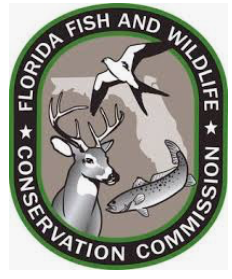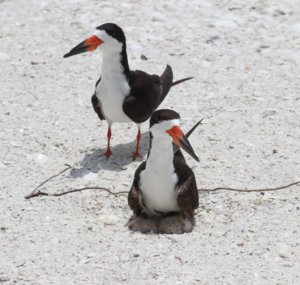 Media Release
Media Release
December 18, 2021
The Florida Fish and Wildlife Conservation Commission (FWC) today approved continued development of Species Conservation Measures and Permitting Guidelines for four state-listed beach-nesting bird species, including the American oystercatcher, snowy plover, least tern and black skimmer. All four species of state-listed beach-nesting birds are included in one set of draft Guidelines, which is now available at MyFWC.com/wildlifehabitats/wildlife/species-guidelines/
Staff will return to a future Commission Meeting for final approval of the Guidelines.
For more information on Florida’s shorebirds, go to MyFWC.com/Shorebirds.

Background:
The Guidelines are designed to be a tool for landowners, consultants, agency partners and other interested parties on how to conserve these species. Recommended conservation measures and survey methodologies are included to promote actions that benefit these four species. These Guidelines also include options for avoidance, minimization and mitigation of take.
The Guidelines provide species-specific information on key issues relevant to real-world conservation, including:
- Survey methods.
- Recommended conservation practices.
- Exemptions or authorizations for take.
- Coordination with other regulatory programs.
- Permitting options.
- Minimization and mitigation of take.
For an overview of how Florida conserves imperiled species, go to MyFWC.com/Imperiled.
Photos available on the FWC’s Flickr site: http://flic.kr/s/aHsjyK5nad
Suggested Tweet: The @MyFWC Commissioners approve continued development of Species Conservation Measures and Permitting Guideline for 4 #wildlife species. https://content.govdelivery.com/accounts/FLFFWCC/bulletins/3012185 #Florida #FWC2021

Conservation of wildlife and wild lands benefits us all and is an investment in our future.